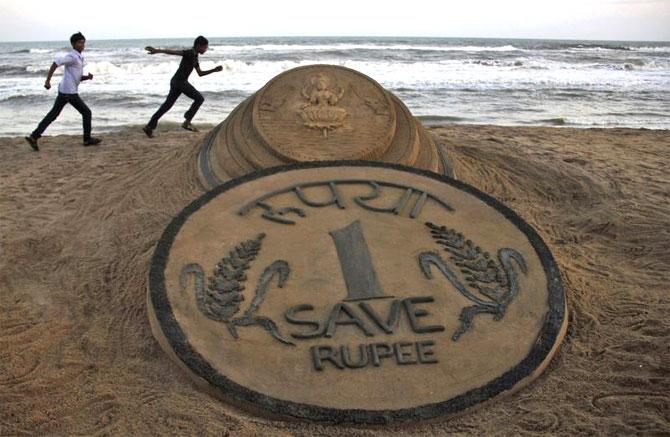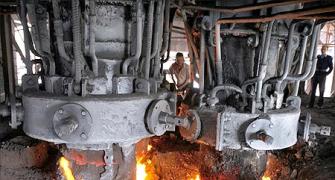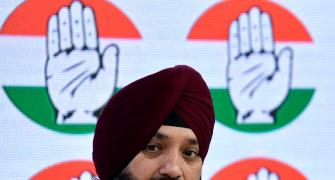India had a transition from 'socialism with a limited entry to marketism without exit'.

Delaying the exits of companies is locking scarce resources and imposing substantial fiscal, economic and political costs on the country, said the Economic Survey.
The country had transitioned from "socialism with limited entry to marketism without exit", with a deadly combination of vested interests, weak institutions and ideology holding up exits of firms.
The Survey proposed a slew of measures. Prominent was liberalising the entry of firms.
Acknowledging that outright privatisation of inefficient public sector units would be meet with stiff opposition from public sector undertaking (PSU) employees, it pitched for circumventing the problem by liberalising entry of firms in sector under the stranglehold of PSUs.
It viewed greater private sector participation, without touching public sector incumbents, as a solution to the problem. This would promote competition and eliminate inefficiencies, it said.
In cases where public sector firms would need to be privatised, the Survey proposed resources earned from privatisation be earmarked for employee compensation and retraining. This would lower employees' resistance to privatisation.
In addition to advocating direct policy action such as the new bankruptcy law to address the problem of weak institutions, the Survey was in favour of empowering bureaucrats and reducing their vulnerability. This could speed decision-making. It seemed to agree with the reworking of the Prevention of Corruption Act, in particular, differentiating cases of graft from those of genuine errors of decision-making.
The Prevention of Corruption (Amendment) Bill, pending in the Rajya Sabha, has proposed replacing Section 13(1) with new words that are fairer and would prevent prosecution for mere administrative errors.
On the Kelkar committee recommendations on a framework for public-private partnerships, the Survey seemed to agree with the basic premise of the argument that the principles of renegotiation should build-in flexibility while protecting authorities against the risk of a moral hazard.
The Budget is expected to provide greater clarity on the revised PPP framework proposed in the Kelkar committee report.
The Survey also articulated the need for greater transparency and use of technology to bring down human discretion in the system, and for reducing intermediaries.
CHARACTERISING THE EXIT PROBLEM
Fertilisers
Solution: Progress being made with neem-coating, which reduces diversion; de-canalisation; JAM for farmers
Public Sector Banks
Solution: Consolidate; strategically disinvest; 4 Rs for NPA problem -recognition, recapitalisation, resolution and reform
Civil Aviation
Solution: Strategic approach
Central Public Sector Enterprises (CPSEs)
Solution: Allow sick CPSEs to exit. Leverage the land and capital unlocked to promote new investment
Infrastructure
Solution: Kelkar (PPP) committee recommendations, bankruptcy code. Changing PCA
Steel
Solution: Bankruptcy code
Labour
Solution: Employee-centric regulations; provision of greater choice to employees









